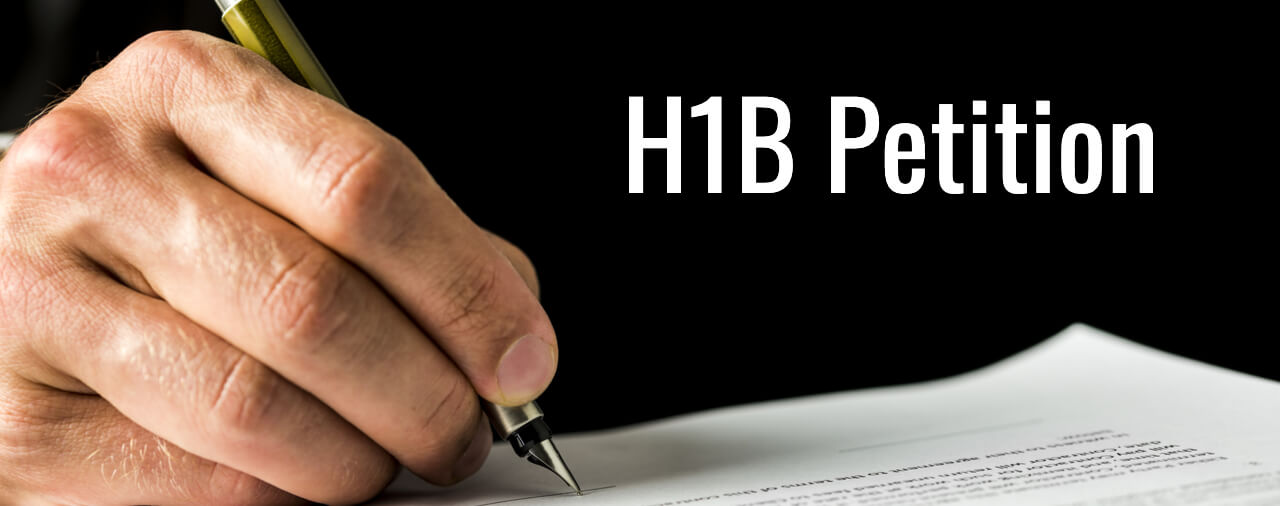Introduction
In general, if an H1B petition is for an alien to practice an occupation in a state for which a license is required, the alien must have the requisite license in order for the petition to be approved. However, there are limited circumstances in which an H1B petition can be approved for an alien who does not yet possess the license. This article will discuss the rules for when a petition can be approved for an alien with a temporary license. Please see our full article to learn about when an H1B petition may be approved for an alien who lacks the requisite license entirely [see article].
Rules for H1B Petitions and Temporary Licenses
Under 8 C.F.R. 214.2(h)(4)(v)(A), if a state in which an H1B alien will work requires a license to engage in such work, the alien must have the requisite license before his or her H1B petition can be approved. However, 8 C.F.R. 214.2(h)(4)(v)(B) and (C) provide exceptions to this rule for aliens with temporary licenses and certain aliens lacking licenses entirely. In this article, we will discuss 8 C.F.R. 214.2(h)(4)(v)(B).
The text of 8 C.F.R. 214.2(h)(4)(v)(B) reads as follows:
(B) Temporary licensure. If a temporary license is available and the alien is allowed to perform the duties of the occupation without a permanent license, the director shall examine the nature of the duties, the level at which the duties are performed, the degree of supervision received, and any limitations placed on the alien. If an analysis of the facts demonstrates that the alien under supervision is authorized to fully perform the duties of the occupation, H classification may be granted.
Under 8 C.F.R. 214.2(h)(4)(v)(B), if a temporary license is available to an alien and the alien is allowed to perform the duties of the occupation without a permanent license, the H1B petition may be approvable. In such a scenario, the United States Citizenship and Immigration Services (USCIS) director will examine the following factors relating to the duties of the H1B employment in determining whether the temporary license is sufficient for the approval of the H1B petition:
The nature of the duties;
The level at which the duties are performed;
The degree of supervision required; and
Any limitations placed on the alien.
The USCIS director will examine all of these factors to determine if “the alien under supervision is authorized to fully perform the duties of the occupation.” In short, the USCIS will seek to determine whether the alien will be able to fully engage in the H1B employment while on a temporary license.
Temporary licensure is discussed in the USCIS’s Adjudicator’s Field Manual (AFM) at chapter 31.3(d)(2). The AFM explains that the USCIS will determine on a case-by-case basis whether an alien with a temporary license or state authorization to engage in professional activities that would otherwise require a license could be considered to be employed in a “professional capacity,” as required for H1B classification.
The AFM explains that the approval period of the petition and/or extension of stay application for an alien with a temporary license “cannot exceed the validity period of the temporary license.”
Conclusion
Whether a petition for an alien with a temporary license or other state approval in lieu of an otherwise necessary professional license can be approved for H1B status will depend on the facts of the specific case. Petitioners are well advised to consult with an experienced immigration attorney throughout the H1B petitioning process for case-specific guidance. To learn more about licensing issues with H1B petitions, please see our article on the rules for the approval of H1B petitions for aliens who lack a required professional license to engage in the proposed employment.





